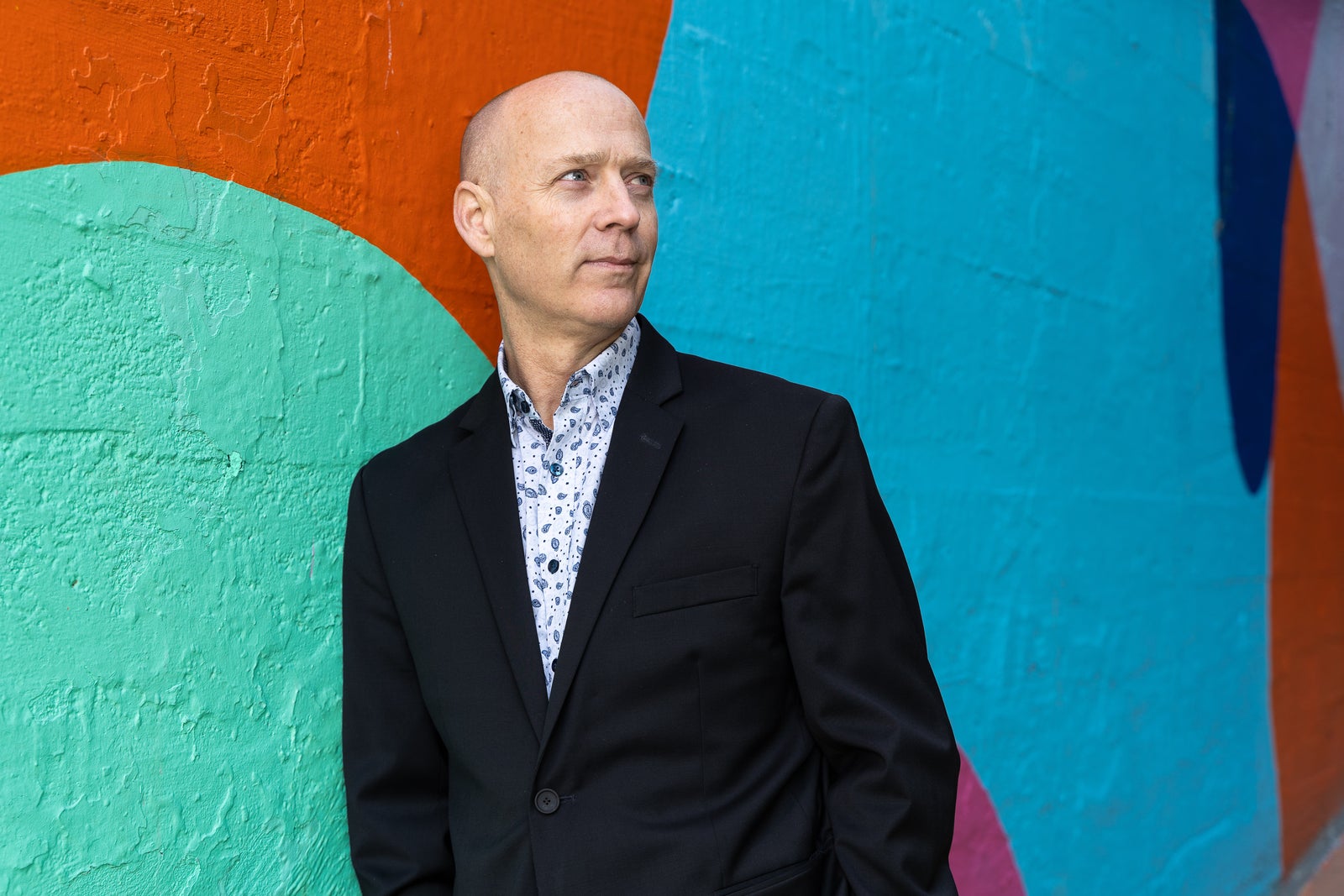
This page is dedicated to those good people and their families.
Link to full article post from CTV News while below are snippets from that same article.
- About one in four Canadians will be 65 years of age or older by 2043, according to an analysis performed by Environics Analytics for CTV News
- Canada is home to nearly 13,500 centenarians, a 43 per cent increase compared to 2018, according to the latest data from Statistics Canada
- Higher concentrations of seniors live in rural and suburban areas, particularly across Atlantic Canada and in Ontario and British Columbia. Of all the provinces and territories, Newfoundland and Labrador has the highest proportion of seniors in Canada, with 24.6 per cent of the population aged 65 and older as of 2023
According to industry experts, sectors such as health care, employment and housing are largely unprepared for an aging population, without the proper systems in place or equipment in hand to address the needs of seniors today. While this may present challenges in the years to come, opportunities will also arise for younger generations to fill the gaps left by an aging population, health, labour and housing experts say.
Estimates shared by Environics Analytics in April show that as of 2023, seniors make up 19.3 per cent of Canada’s total population. This age group outnumbers children under the age of 15, which make up 15.5 per cent of the population. In contrast, in 1971, eight per cent of Canada’s total population was aged 65 and older, while 30 per cent was under 15 years of age.
HEALTH CARE: ‘INCREASING DEMAND’ FOR SERVICES
Some of the most significant challenges brought about by an aging population will arise in Canada’s health-care sector, said Chad Leaver, director of health at the Conference Board of Canada, a national research organization. Looking at current health-care systems, Leaver said the country is not adequately prepared for an aging population.
Staffing shortages among health-care workers that existed prior to the pandemic have only been exacerbated by waves of COVID-19 infections, experts say. The pandemic has also highlighted gaps in Canada’s long-term care system and poor conditions often faced by seniors living in these facilities, Norris said.
Adding to the problem is the fact that many of these health-care workers, such as physicians, are getting older themselves and preparing to leave the workforce. Data from the Canadian Institute for Health Information shows approximately nine per cent of physicians were 65 years of age and older in 2000, while seven per cent were between the ages of 60 and 64. By 2022, 15 per cent of physicians in Canada were aged 65 and older, and nearly 10 per cent were 60 to 64 years of age.
It’s also important to consider that patients are becoming older, too, said Arthur Sweetman, a professor at McMaster University in Hamilton who specializes in health and labour economics. An aging population is also resulting in “increasing demand” for health-care services, he said.
This rise in demand for physicians as well as caregivers is raising questions about who will fill these roles in the years to come, Norris said.
The answer may involve Canada’s younger generations, said Leaver. The rise in an aging population could serve as a chance for those entering the workforce to fill existing gaps in the health-care sector, one of which involves better tracking of a patient’s health status over time, something Leaver said is currently lacking across the country.
HEALTH CARE: ‘INCREASING DEMAND’ FOR SERVICES
Some of the most significant challenges brought about by an aging population will arise in Canada’s health-care sector, said Chad Leaver, director of health at the Conference Board of Canada, a national research organization. Looking at current health-care systems, Leaver said the country is not adequately prepared for an aging population.
Staffing shortages among health-care workers that existed prior to the pandemic have only been exacerbated by waves of COVID-19 infections, experts say. The pandemic has also highlighted gaps in Canada’s long-term care system and poor conditions often faced by seniors living in these facilities, Norris said.
Adding to the problem is the fact that many of these health-care workers, such as physicians, are getting older themselves and preparing to leave the workforce. Data from the Canadian Institute for Health Information shows approximately nine per cent of physicians were 65 years of age and older in 2000, while seven per cent were between the ages of 60 and 64. By 2022, 15 per cent of physicians in Canada were aged 65 and older, and nearly 10 per cent were 60 to 64 years of age.
It’s also important to consider that patients are becoming older, too, said Arthur Sweetman, a professor at McMaster University in Hamilton who specializes in health and labour economics. An aging population is also resulting in “increasing demand” for health-care services, he said.
This rise in demand for physicians as well as caregivers is raising questions about who will fill these roles in the years to come, Norris said.
The answer may involve Canada’s younger generations, said Leaver. The rise in an aging population could serve as a chance for those entering the workforce to fill existing gaps in the health-care sector, one of which involves better tracking of a patient’s health status over time, something Leaver said is currently lacking across the country.
While the desire to age in place may make some young Canadians more concerned about purchasing their first home amid housing supply constraints, researchers are also calling for the creation of alternative forms of housing for seniors beyond one’s own home or long-term care residences.
Mary Ann Murphy, an associate professor of sociology at the University of British Columbia, points to one group home model in Kelowna, B.C., where she lives, as an example of a community that can benefit older Canadians. This type of housing involves self-contained units in an apartment-style building where residents have access to a housekeeper and share meals together. These homes are meant for those who might not need complex medical care, but are looking for support with chores and other responsibilities.
This kind of alternative can help seniors maintain a sense of autonomy while securing the support they need, without requiring a long-term care home, said Murphy. In addition to possibly freeing up existing residential properties, this gap in the market can serve as yet another opportunity for younger Canadians to get involved, particularly those looking to invest in real estate development, Murphy said.
